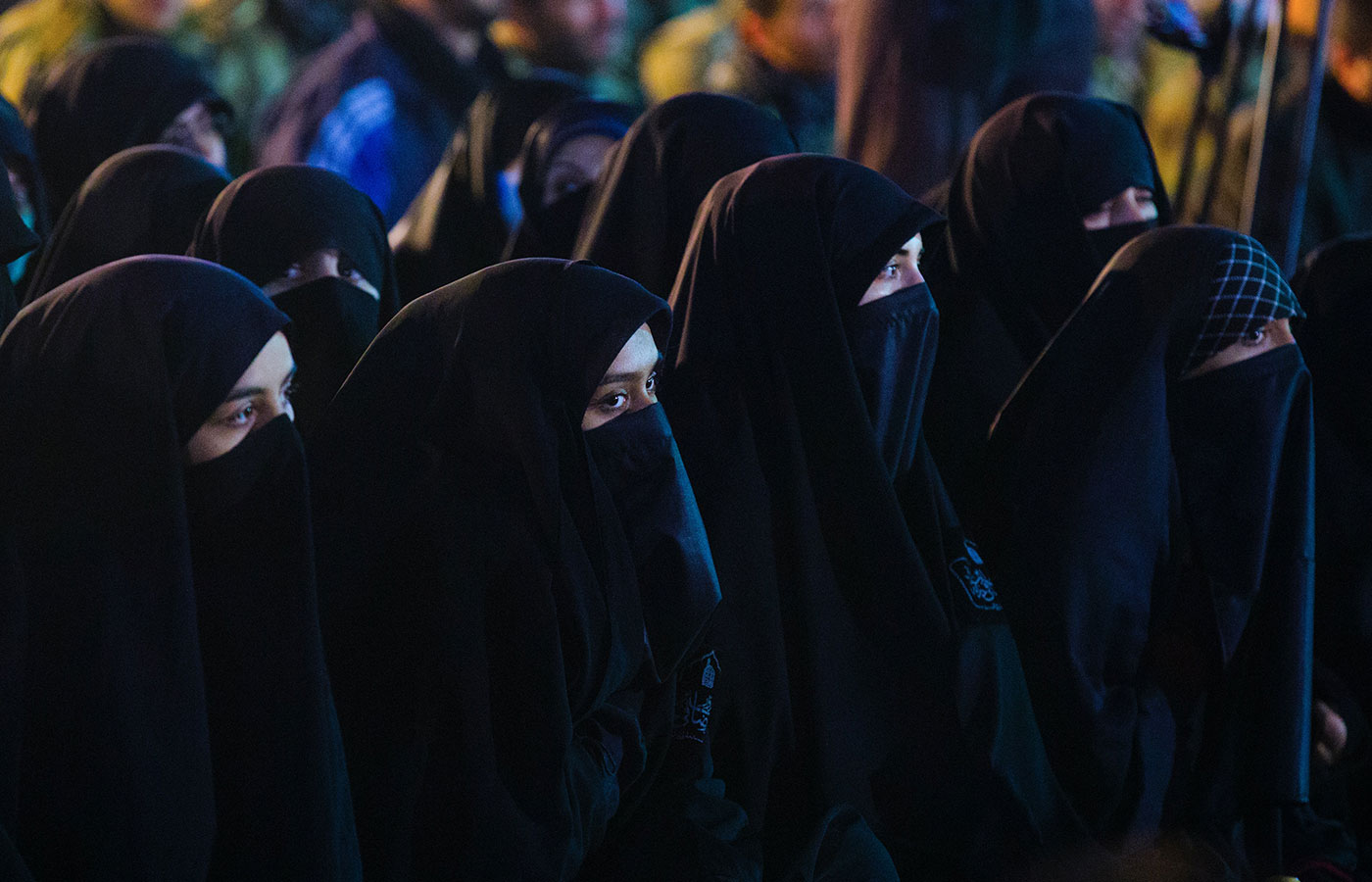A scientific seminar titled “Covering and Its Relationship with Women’s Human Identity” was held today in Arak, hosted by the Masoumiyeh Seminary School in Tafresh. The event featured speeches by Ms. Mousavi Talab, the school’s director, Ms. Ejraei, a faculty member, and Ms. Rezanejad, the seminary’s cultural deputy. The discussions focused on the multifaceted dimensions of women’s attire and its profound impact on their identity.
Analysis of Attire from a Non-Religious Perspective: The Dual Identity
Ms. Mousavi Talab, director of the seminary, opened the seminar by analyzing the concept of covering through a non-religious lens. She highlighted the duality of human identity: “The first identity is the self-perception an individual holds, while the second is the external representation constructed by others. These two identities often diverge significantly, creating contradictions that shape women’s self-concept.” She emphasized, “In many societies, women’s second identity—defined by their appearance—overshadows their true human essence rooted in inner values.”
Attire as a Social Act: Combating Objectification
Ms. Ejraei, a faculty member, addressed the social dimensions of covering, stating: “Attire is not merely a personal choice but reflects a woman’s position in societal interactions. When society views women as objects, their clothing becomes a tool to either reinforce or challenge this perception.” Criticizing objectification theories, she added: “The erosion of women’s humanity and personality paves the way for dehumanization. Proper attire can act as a barrier against this trend.”
Modern Challenges: Body Shame and Beauty Standards
Ms. Rezanejad, the seminary’s cultural deputy, shed light on contemporary struggles tied to women’s attire: “Body shame and the pressure to conform to unrealistic beauty standards have become psychological burdens for women. Societal demands for ‘flawless’ appearances force many to sacrifice their authentic identities to external judgments.” She warned: “These pressures not only undermine women’s self-esteem but also push them toward consumerism and blind imitation of non-indigenous fashion models.”
Proposals for Strengthening Human Identity
Participants stressed the need to promote a human-centered view of women in media, education, and families. They called for redefining women’s identity based on intellectual, ethical, and spiritual merits, advocating attire as an expression of women’s autonomy free from gender stereotypes and consumerist agendas.
The seminar concluded with a Q&A session, focusing on strategies to combat objectification and foster self-confidence among women.
hawzahnews


